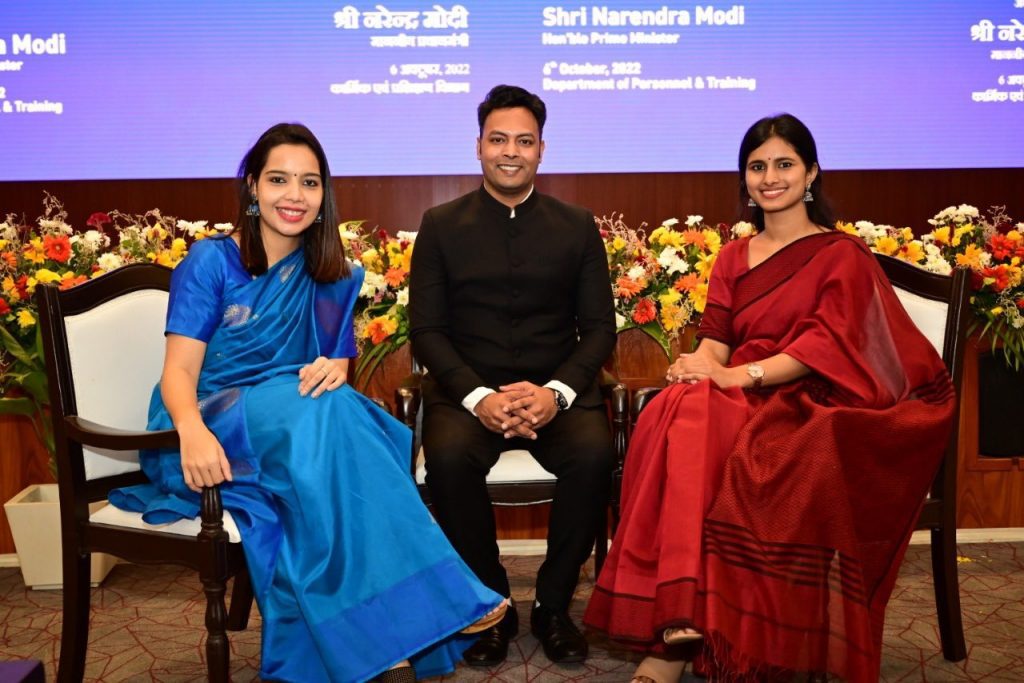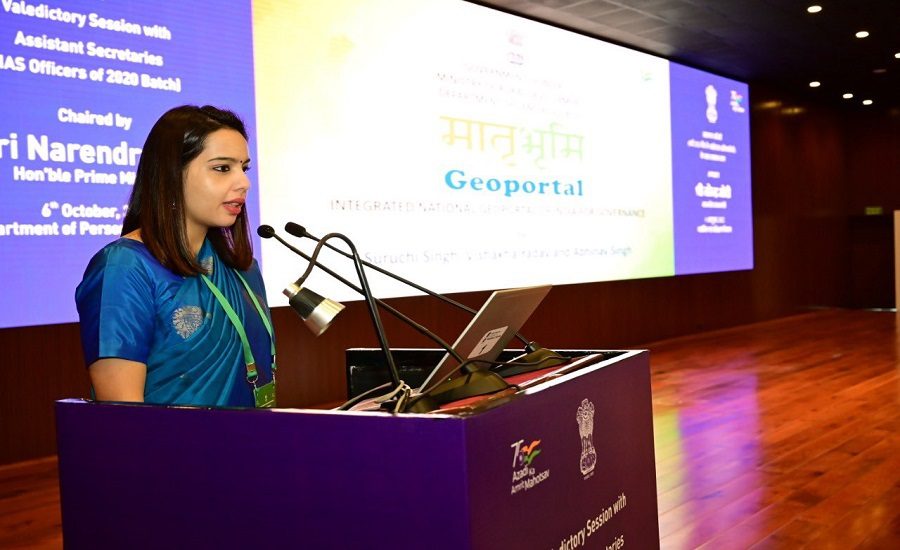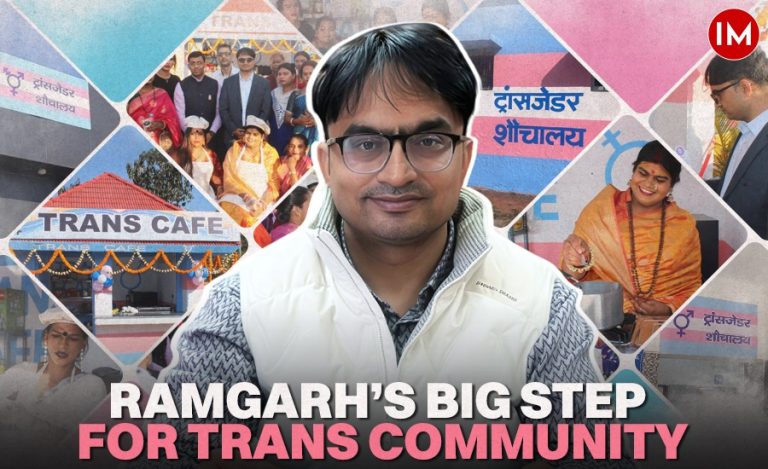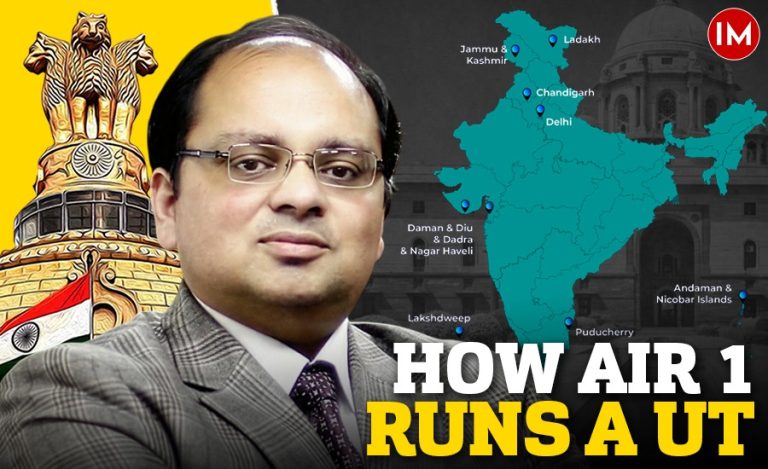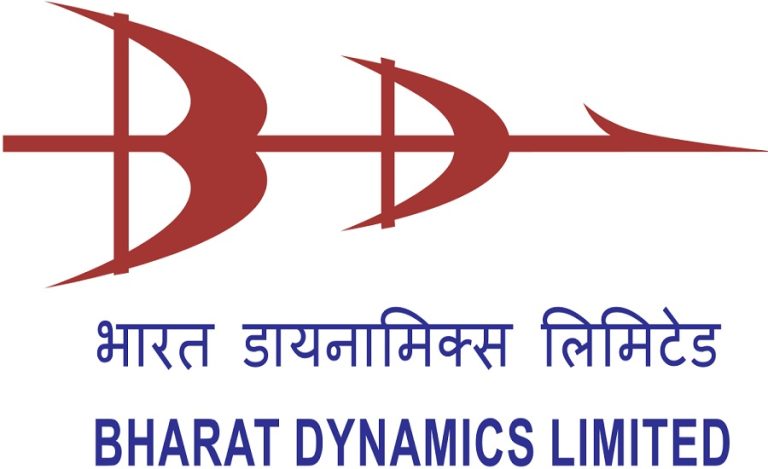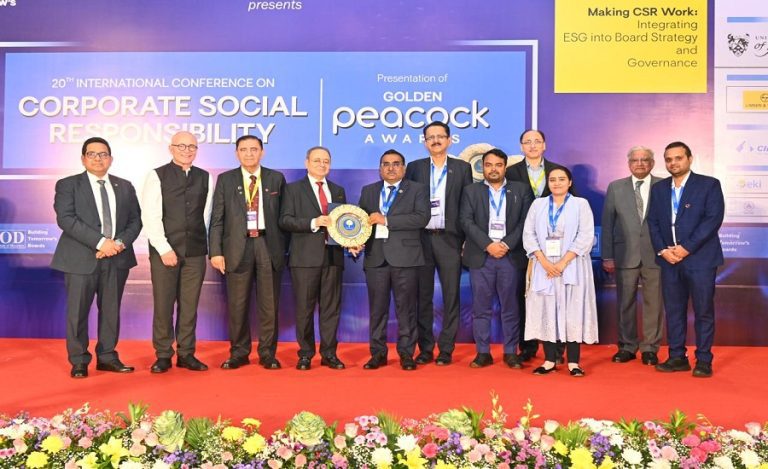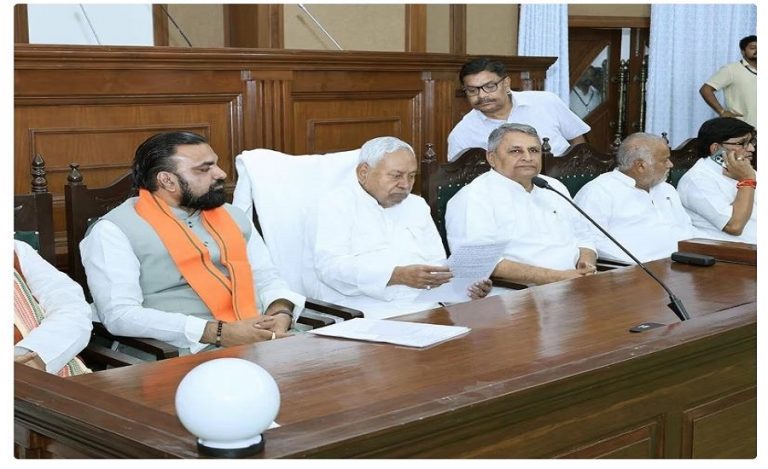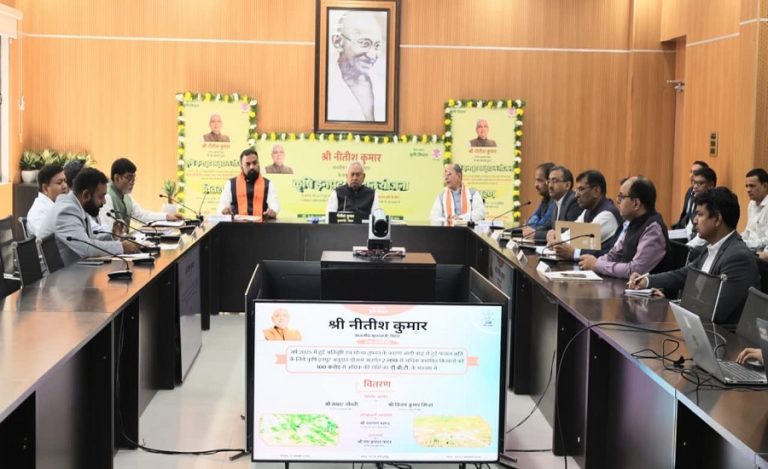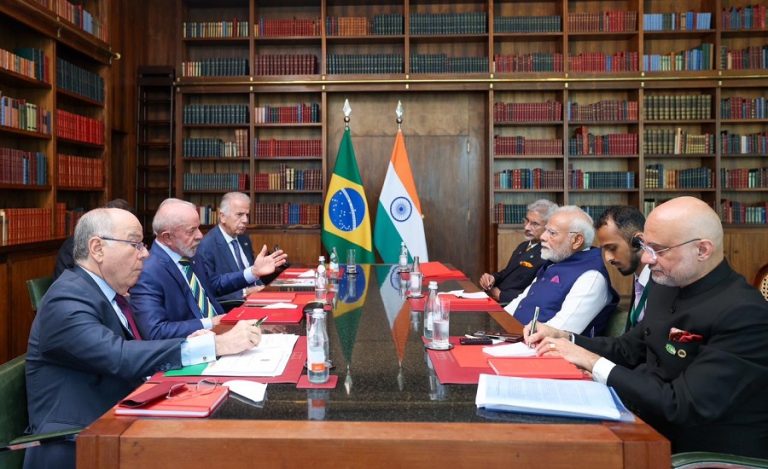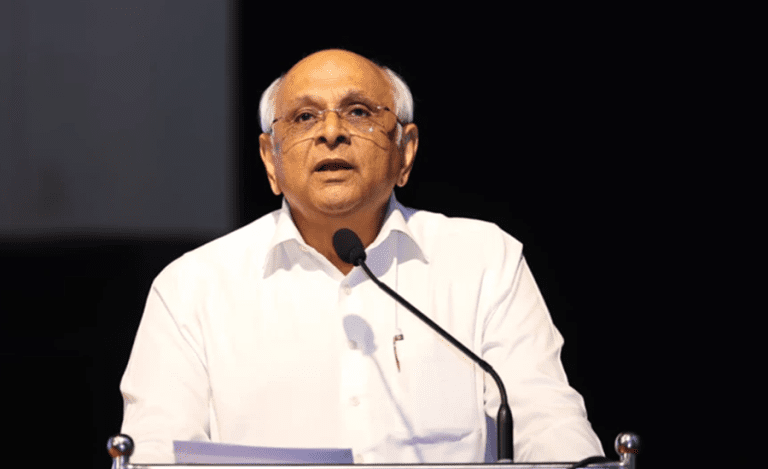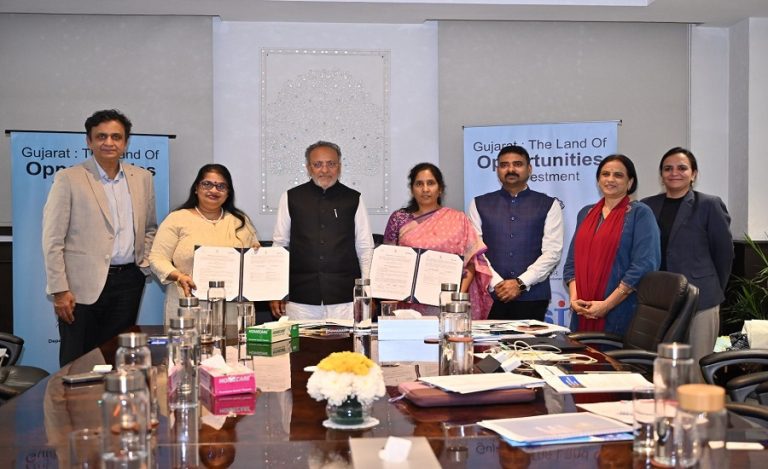Malnutrition has long remained a stubborn challenge in many parts of India, despite rising incomes and improving literacy rates. But in Rajnandgaon District, Chhattisgarh, a promising initiative led by young IAS officer Suruchi Singh, CEO of Zila Parishad, is closing the nutrition gap through an innovative, community-driven approach.
The mission – Potth Laika Pehel (Healthy Child Mission) – is not just about providing food, but about empowering communities with knowledge, triggering behavioural change, and ensuring consistent monitoring to fight malnutrition sustainably.
Indian Masterminds interacted with Ms. Suruchi Singh, a 2020 batch IAS officer of the Chhattisgarh cadre, to learn more about her initiative and its implementation.
“Nutrition is not just about feeding children; it’s about empowering families with knowledge and creating a community that cares,” says Suruchi Singh. “Only through consistent counselling, engagement, and monitoring can we bring lasting change and ensure our children grow healthy and strong.”
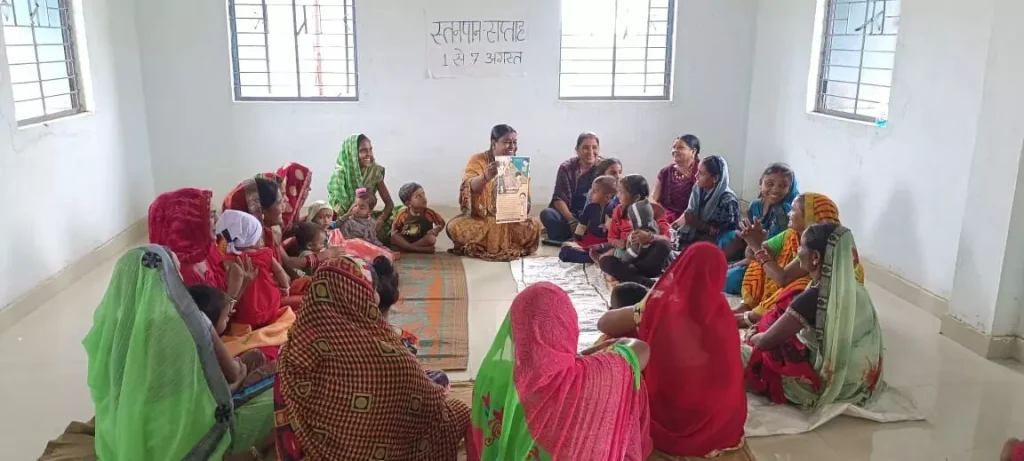
FROM LAW GRADUATE TO IAS OFFICER: THE JOURNEY OF SURUCHI SINGH
Born on 15th Sep 1992, Ms. Suruchi Singh is from Indore, Madhya Pradesh. She is the daughter of Krishnapal Singh, a retired IAS officer, and Kiran Singh, a former Assistant General Manager at the State Bank of India. She completed her schooling in New Delhi and went on to earn a BA LLB from the National Law School of India University, Bangalore. She worked at the Luthra & Luthra law firm for two years before resigning to prepare for the UPSC Civil Services Exam.
In 2018, she joined the IRS but cleared the UPSC in her third attempt in 2019 with an All India Rank of 432, securing a position in the IAS of the 2020 batch.
Her connection to Chhattisgarh runs deep, as her father served in various administrative roles there. During her training, she developed the Matribhoomi GOS app to manage land records, which has been adopted by several states and was presented to Prime Minister Modi. Previously, as the SDM of Bemetara district, she successfully implemented this initiative to combat malnutrition as well.
THE MALNUTRITION PARADOX: RISING INCOME, PERSISTENT HUNGER
India’s economic growth and social development over the past decade have not translated into a significant reduction in malnutrition. In Chhattisgarh, for instance, per capita income increased by 58% from 2014-15 to 2022-23, and literacy has soared to 78%, yet malnutrition levels have barely shifted. The stubborn persistence of malnutrition – especially among children under five – highlights a crucial gap: knowledge.
Many families lack awareness about proper nutrition, leading to unhealthy feeding practices such as over-reliance on carbohydrates, underconsumption of proteins and micronutrients, and the perpetuation of harmful myths like giving honey or water to infants under six months. This disconnect demands more than just food distribution; it requires education, counselling, and community engagement.
POTTH LAIKA PEHEL: A MISSION ROOTED IN KNOWLEDGE AND COMMUNITY
Recognizing the critical need for behaviour change, Ms Singh spearheaded Potth Laika Pehel, a collaborative effort involving the District Administration, UNICEF as the knowledge partner, and Abis Exports group as the CSR partner. The mission specifically targeted the 241 most malnourished Anganwadi Centres (AWCs) in Rajnandgaon, focusing on children suffering from Severe and Moderate Acute Malnutrition.
The core strategy revolved around training grassroots workers – Anganwadi workers, ASHA health workers (Mitanins), and self-help group (SHG) leaders – using a simple, locally tailored guide called the Poshan Margdarshika. These frontline workers became nutrition counsellors and monitors, spreading awareness and tracking children’s progress through regular community meetings and home visits.
Ms Singh highlighted that while simple solutions aren’t always easy, they are often most effective. However, nutrition counselling is yet to be widely institutionalized, as noted in the POSHAN Abhiyaan 2018 report, which calls for a focused communication plan to drive progress.
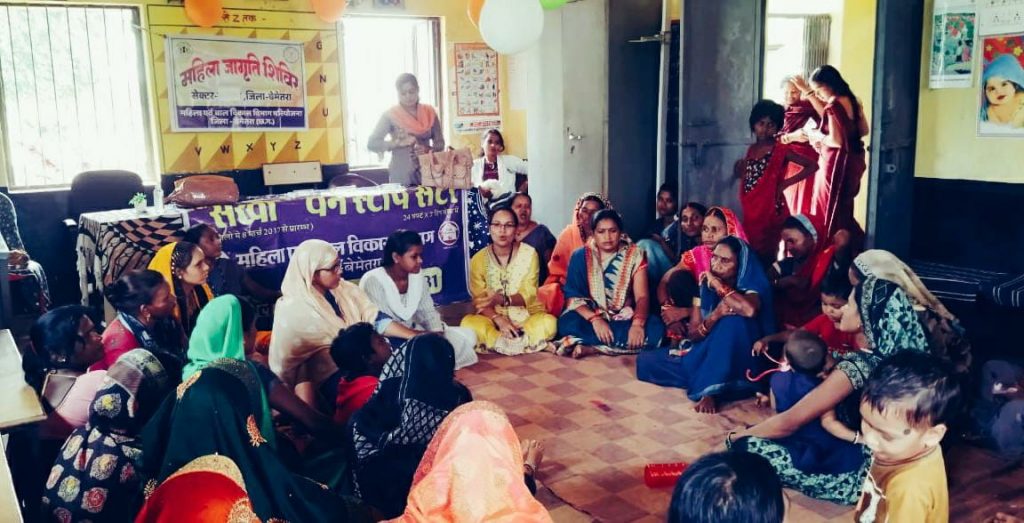
PAALAK CHAUPAL: BRINGING THE COMMUNITY TOGETHER
One of the mission’s standout innovations is the Paalak Chaupal – weekly gatherings held every Friday at the village level. These meetings bring together parents, pregnant women, local leaders, and health workers to discuss nutrition, share knowledge, and monitor children’s health.
The Paalak Chaupal has become a vital platform for promoting healthy practices like the “Tiranga Bhojan” (balanced diet) and dispelling harmful myths. It encourages collective responsibility and continuous dialogue, ensuring that nutrition remains a priority within every household.
REMARKABLE IMPACT: TURNING THE TIDE AGAINST MALNUTRITION
Within just eight months of implementation, Potth Laika Pehel has yielded impressive results. Out of 3,413 children in the targeted AWCs, 2,246 (nearly 66%) were brought out of malnutrition, including those with severe and acute cases. This success sharply contrasts with a control group where malnutrition rates actually increased.
These outcomes affirm the power of sustained nutrition counselling combined with community involvement and monitoring. Encouraged by this success, the initiative has been expanded across all AWCs in Rajnandgaon, signaling hope for broader change.
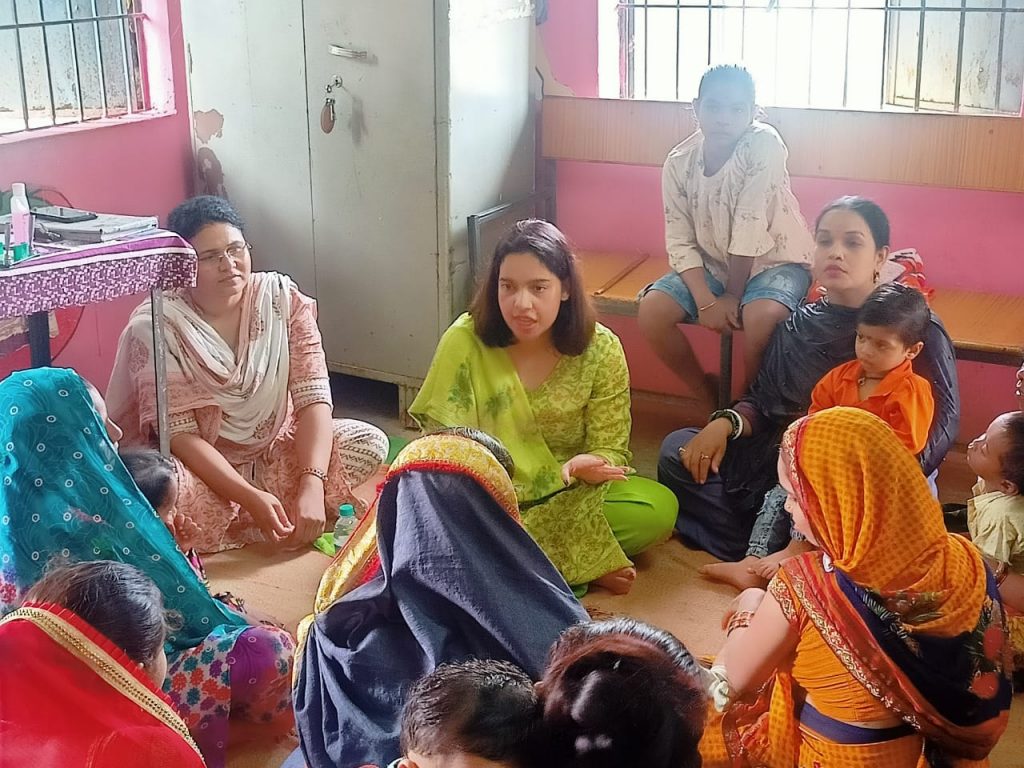
SUSTAINABILITY AND SCALING UP: A MODEL FOR THE NATION
The mission’s sustainable approach avoids costly top-down food supplementation programs. Instead, it invests in capacity building and behavioural change through zero-cost methods using existing local resources. This makes it replicable across other districts facing similar malnutrition challenges.
Under IAS Singh’s visionary leadership, Rajnandgaon’s model embodies the spirit of public-private partnership and grassroots empowerment. It points the way toward a Kuposhan Mukt Bharat (Malnutrition-Free India), where knowledge, community action, and consistent monitoring close the gap between hunger and health.
BLUEPRINT FOR INDIA’S FIGHT AGAINST MALNUTRITION
The story of Rajnandgaon and the Potth Laika Pehel mission is one of hope, innovation, and inspired leadership. IAS officer Suruchi Singh has not only pioneered a successful model to tackle malnutrition but also demonstrated how empathy, knowledge, and community engagement can transform lives. Her work is a testament to what focused governance and collaboration can achieve – and a blueprint for India’s fight against malnutrition going forward.
